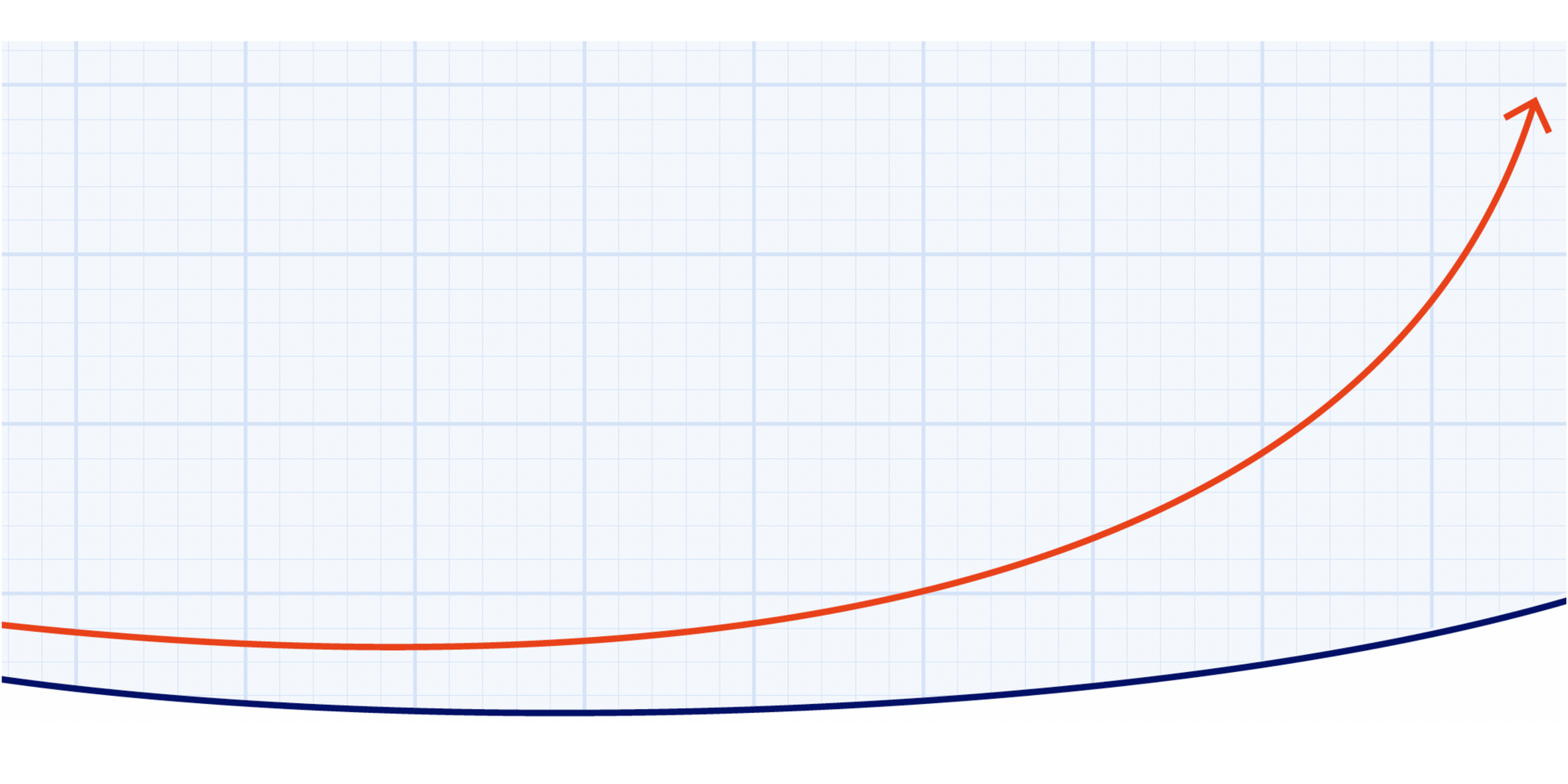4 Types of Problems That Will Challenge College Algebra Students
College algebra is an excellent place for students to cultivate their logic and reasoning skills. However, algebra isn’t easy for everyone and can cause a lot of anxiety before the class even starts! To make your life easier, we created a list of the most common types of Algebra questions/ problems that students have the most difficulty with.
Add the following types of problems to your
algebra question bank to develop your math homework, quizzes, and exams to patch knowledge gaps and ensure your students are understanding all of your curriculum- even the harder stuff.
1. Finding the zeros of cubic expressions
A cubic expression is any polynomial expression where the highest exponential power is three.
For example:
To find the zeros of a cubic expression, your students will have to find which values of "x" will make the whole expression equal to zero. If the equation y = x3 + 2x2 + 4 is graphed, the zeros are the points on the graph that cross the x-axis. Since a cubic expression has an exponential power of three, there can be up to three possible real-valued zeros.
For example: x3 -3x2 -x+3 has the zeros of -1, 1, and 3.
You can help familiarize your students with basic strategies for solving cubic equations by adding guess-and-check, synthetic division, and polynomial factoring questions to your math question bank.
2. Sequences
An example of a patterned sequence is 1, 2, 4, 8, 16, and 32. In this example, each subsequent number is doubled.
There are two basic types of sequence questions you can utilize in an algebra course:
- Challenge students to identify the pattern within the sequence.
- Ask students to calculate where the sequence is going. Sometimes a sequence will progress towards a certain number, shoot towards infinity, or rebound between two numbers forever. Have your students be able to determine which behavior a sequence displays.
3. Polynomial factoring
A polynomial is an expression of one or more terms in which the variables all have positive, whole numbered powers.
For example:
But,
And
Factoring a polynomial means using the distributive property of math to reduce the equation into terms with smaller degrees that can then be multiplied back together to achieve the original function.
For example:
4. Logarithmic equations
Logarithmic or “log” equations are one of the strangest looking equations in college algebra.
For example: log10100 = x.
Here, it’s valuable to help your students understand the different parts of the equation. The subscript next to the "log" is called
the base. In the example above the base is 10.
But we get to complicate it just a bit. There is also a special type of "log" that is written as “ln.” This refers to a "log" with the base of the number "e". This is usually only used in higher-level maths. A log should tell us what exponent is necessary for the base number to equal a specific number.
For example: log10100 = x.
Now, determine what x should be so that 10x is equal to the number 100. The answer is 2.
The best way to overcome these challenging problems is to put together a high-quality college
algebra question bank. By studying and practicing these questions and formulas, students will gain confidence and will succeed on your assignments and assessments. Click below to learn more about creating a high-quality question bank with Derivita.



